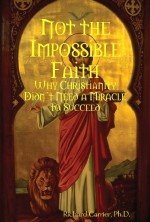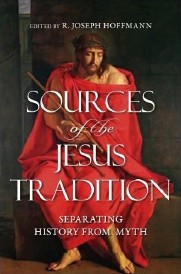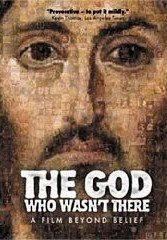This article has been superseded by a complete revision, The Dying Messiah Redux. The following is retained for historical purposes only. Readers interested in its argument should proceed to the new version.
As a bonus for those who funded my research on or are anticipating the publication of my two volumes on the historicity of Jesus, I have decided to summarize one of the many things I have discovered and will include in that work, making it public early, particularly as it seems important to recent scholarly debate (in a sense making this a sequel to my earlier Ignatian Vexation). Indeed, I have heard one particular claim several times recently in conversations with Jesus scholars that simply isn't true.
It is frequently claimed, even by experts in the field, that no Jews expected their messiah to be killed, nor ever would, that all of them expected a militarily triumphant übermensch. And therefore Christianity went totally off-book when it came up with the idea that their "failed" messiah was the "real" messiah. But this is actually demonstrably false. Some Jews did expect a dying messiah, or would easily have done so.
As a bonus for those who funded my research on or are anticipating the publication of my two volumes on the historicity of Jesus, I have decided to summarize one of the many things I have discovered and will include in that work, making it public early, particularly as it seems important to recent scholarly debate (in a sense making this a sequel to my earlier Ignatian Vexation). Indeed, I have heard one particular claim several times recently in conversations with Jesus scholars that simply isn't true.
It is frequently claimed, even by experts in the field, that no Jews expected their messiah to be killed, nor ever would, that all of them expected a militarily triumphant übermensch. And therefore Christianity went totally off-book when it came up with the idea that their "failed" messiah was the "real" messiah. But this is actually demonstrably false. Some Jews did expect a dying messiah, or would easily have done so.














